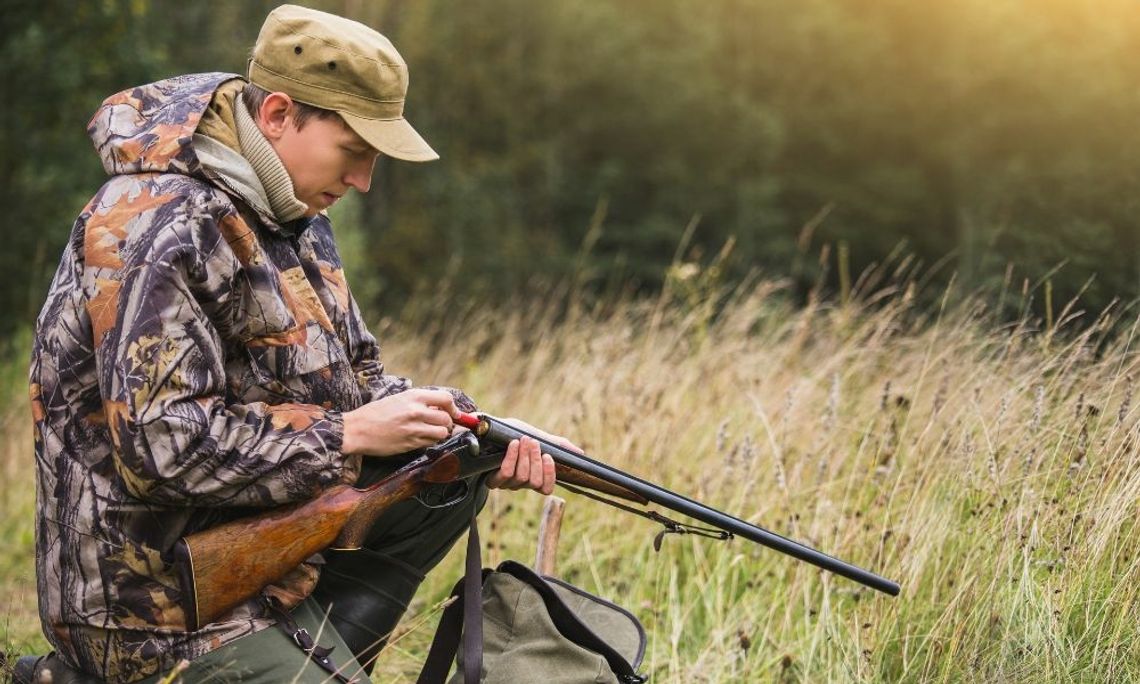Predator hunting is a challenging yet rewarding outdoor activity that requires skill, patience, and knowledge. Whether you’re targeting coyotes, foxes, or other predatory animals, understanding the intricacies of predator hunting can greatly enhance your experience and success. Read on and find out what you should know when hunting predators.
Understanding Predator Behavior
To hunt predators effectively, you need to understand their behavior and habits. Predators are often cautious and elusive, making them challenging to track and hunt. Research the specific habits of the predator you’re targeting, including their feeding patterns, preferred habitats, and activity cycles. Knowing when and where they’re most active can significantly increase your chances of a successful hunt.
Choosing the Right Equipment
The right gear is essential for predator hunting. This includes choosing a suitable firearm or bow, camouflage clothing, and other necessary equipment like calls and decoys. Opt for a firearm that’s appropriate for the size of the predator and the terrain. Camouflage helps you blend into the environment, reducing the likelihood of being spotted. Also, invest in quality optics for scouting and identifying predators from a distance.
Ethical Hunting Practices
Ethical hunting practices are paramount in predator hunting. This involves following local hunting regulations, obtaining necessary permits, and respecting the animal and its habitat. Aim for a clean, humane shot to prevent unnecessary suffering. Ethical hunting also means not overhunting a specific area or species and maintaining a healthy balance in the ecosystem.
Effective Tracking and Stalking Techniques
Tracking and stalking predators requires patience, stealth, and observation skills. Learn to read animal tracks, scat, and other signs that indicate a predator’s presence. Practice moving quietly and slowly, using natural cover to approach the predator without being detected. Pay attention to the direction of the wind to avoid alerting the predator to your presence with your scent.
Mastering Predator Calling
Predator calling is a key skill in luring predators into range. This involves mimicking the sounds of prey animals or other predators to attract the target species. There are various types of calls, from electronic to mouth calls, each with advantages. Practice different calling techniques and sounds to determine what works best for the predators in your area.
Now that you understand what you should know when hunting predators, you can embark on your next hunting adventure. Patience and respect for wildlife are the cornerstones of any successful hunting experience.


Comment
Comments